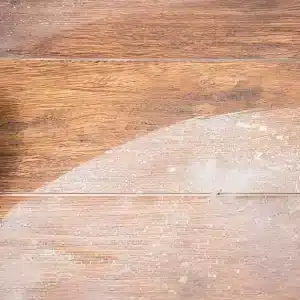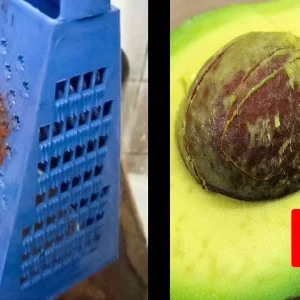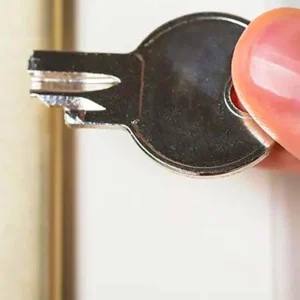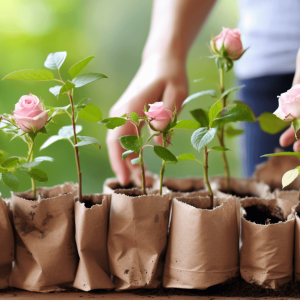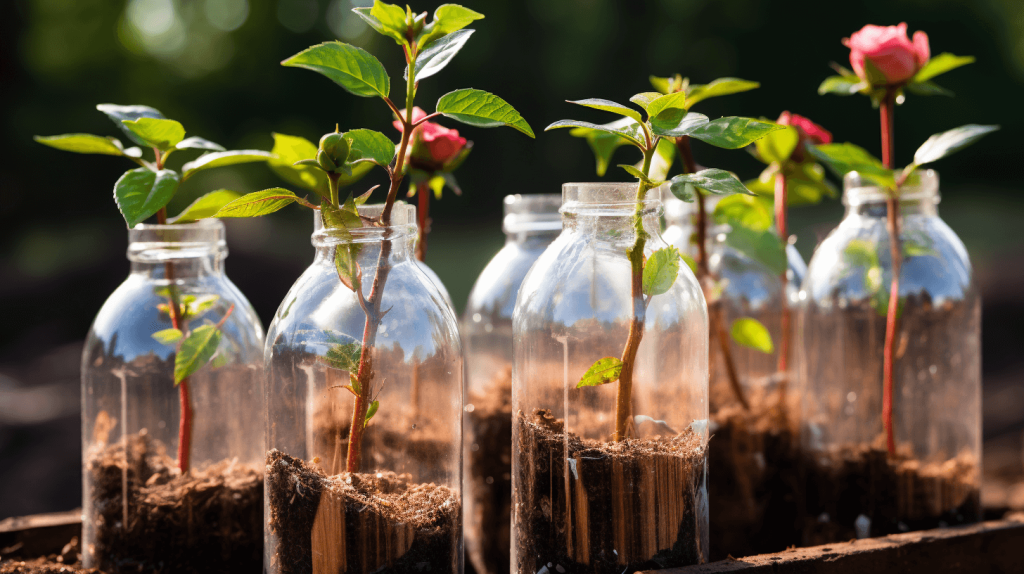
Roses are timeless symbols of beauty and elegance in gardens, and growing them from cuttings at home can be a rewarding and cost-effective way to expand your rose collection. This method is especially suitable for winter when outdoor conditions may not be conducive to traditional planting. With the use of plastic bottles, you can create a mini greenhouse environment to nurture your rose cuttings. Here’s a detailed guide to help you achieve success:
Materials Needed:
- Rose cuttings (6-8 inches long with at least 2 sets of leaves)
- Plastic bottles (1.5 to 2 liters)
- Potting mix
- Rooting hormone (optional)
- Sharp knife or pruning shears
- Clear plastic bag
- Rubber bands or twine
- Small pots or containers
Steps:
1. Gather Your Materials:
- Collect healthy rose cuttings from a mature rose bush during its dormant season. Choose stems that are disease-free and have at least two sets of leaves.
2. Prepare the Cuttings:
- Trim each cutting to about 6-8 inches in length. Use a sharp knife or pruning shears to make a clean cut just below a leaf node.
3. Remove Leaves:
- Remove the leaves from the lower half of the cutting, leaving only the top leaves intact.
4. Apply Rooting Hormone (Optional):
- Dip the cut end of each rose cutting in rooting hormone if available. This can encourage faster and more robust root development.
5. Fill Plastic Bottles:
- Cut the bottom part of the plastic bottles to create a mini greenhouse. Fill each bottle with potting mix, leaving enough space for the rose cutting.
6. Plant the Cuttings:
- Insert the rose cuttings into the potting mix inside the plastic bottles. Make sure the cut end is well-inserted into the soil to encourage root development.
7. Create a Greenhouse Effect:
- Place each plastic bottle over its respective cutting, creating a mini greenhouse. Secure the bottle with rubber bands or twine.
8. Provide Moisture:
- Water the cuttings moderately to keep the soil consistently moist. The plastic bottles will create a humid environment ideal for root development.
9. Monitor Growth:
- Place the plastic-covered cuttings in a warm and bright location, but away from direct sunlight. Check regularly for signs of new growth and ensure the soil remains moist.
10. Transplanting:
- Once the cuttings have developed strong roots and new leaves, you can transplant them into individual pots or directly into your garden.
Benefits of Using Plastic Bottles:
- Mini Greenhouse Effect: The plastic bottles act as miniature greenhouses, creating a warm and humid environment ideal for root development.
- Protection from Harsh Winter Conditions: This method allows you to grow roses indoors, protecting them from the harsh conditions of winter.
Conclusion:
Growing roses from cuttings using plastic bottles is a cost-effective and efficient method, particularly during the winter months. By following these steps, you can enjoy the satisfaction of cultivating new rose plants from your favorite varieties. Happy gardening! 🌹🌿✨

